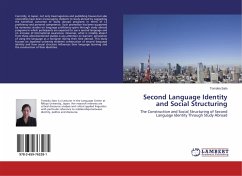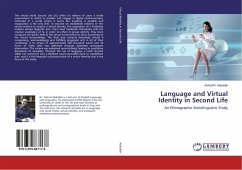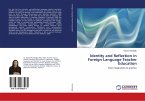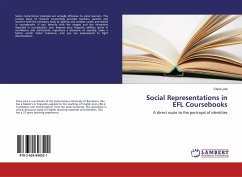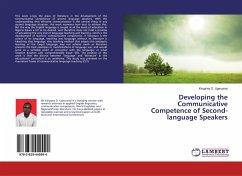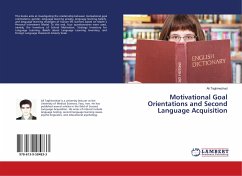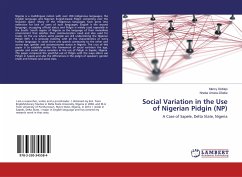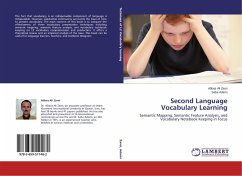Currently, in Japan, not only travel agencies and publishing houses but also universities have been encouraging students to study abroad by suggesting the beneficial outcomes of study abroad programs in terms of L2 proficiency and personal competence. Such promotion has been supported by numerous studies on language proficiency gains through study abroad programs in which participants are expected to use a second language and on increase of international awareness. However, what is notably absent from these aforementioned studies is any attention on learners' perception of using the language as a foreigner during their time abroad. This study focuses on Japanese university students' construction of second language identity and how social structure influences their language learning and the construction of their identities.

